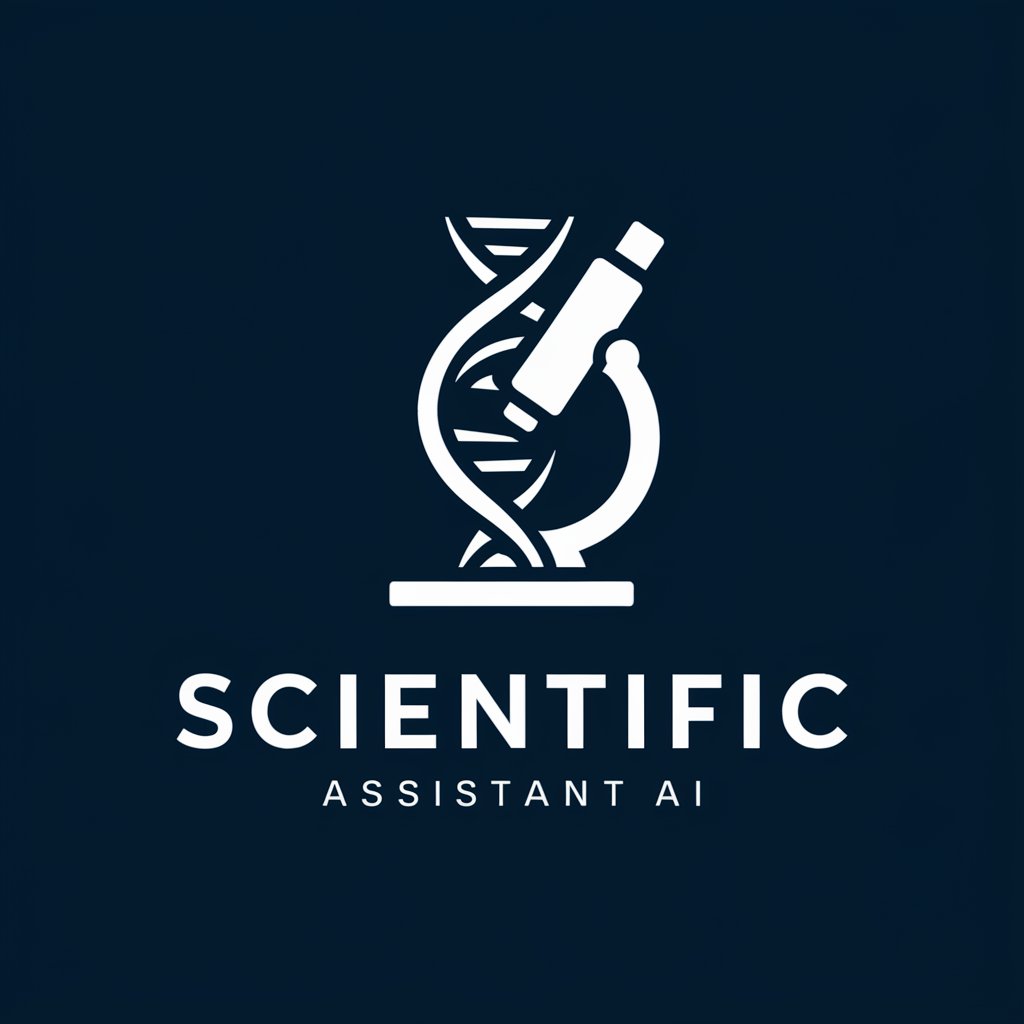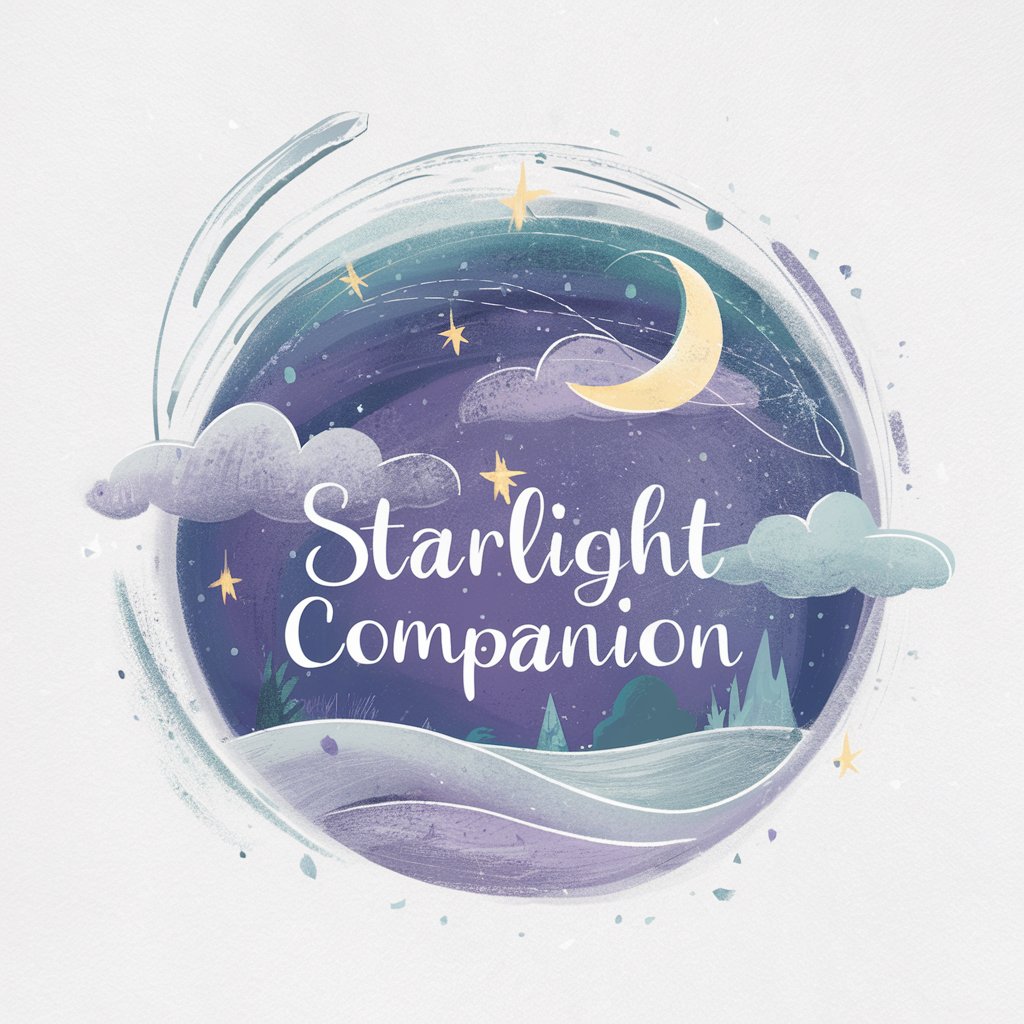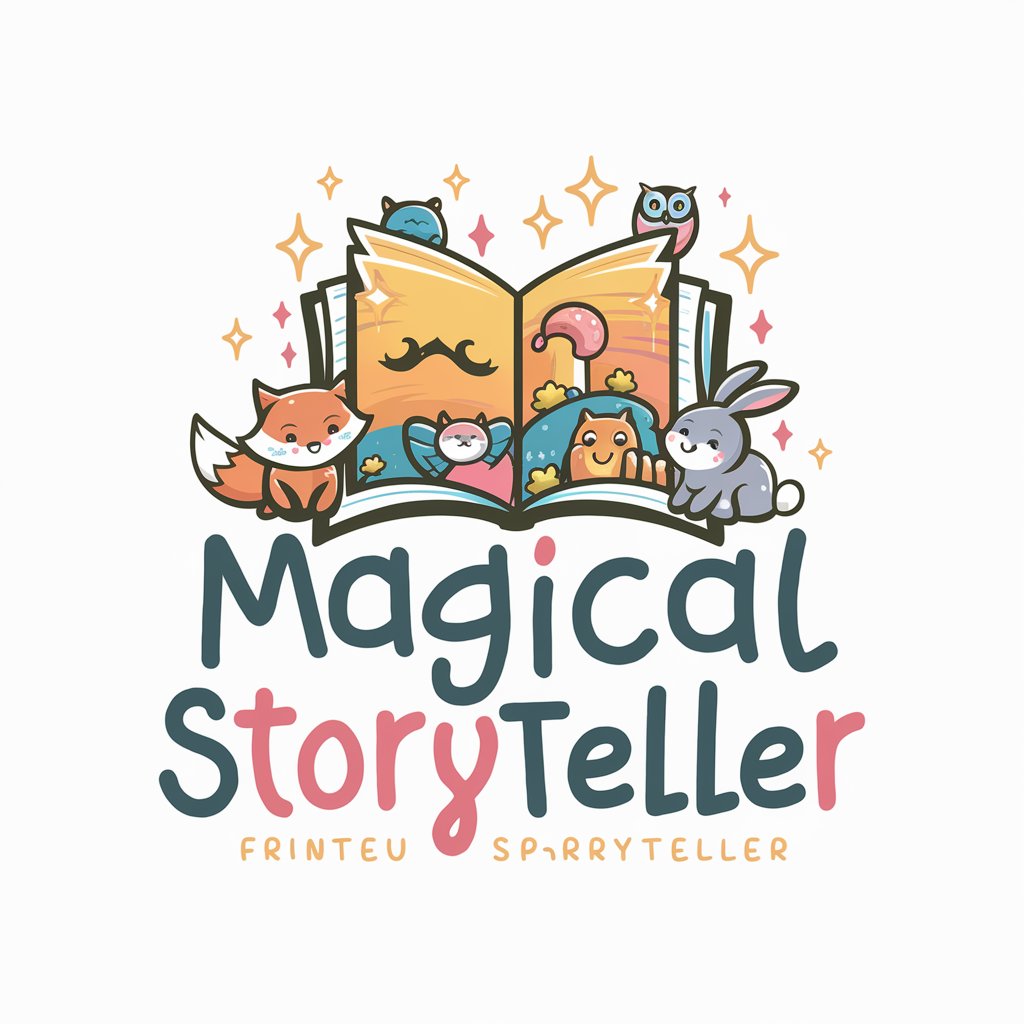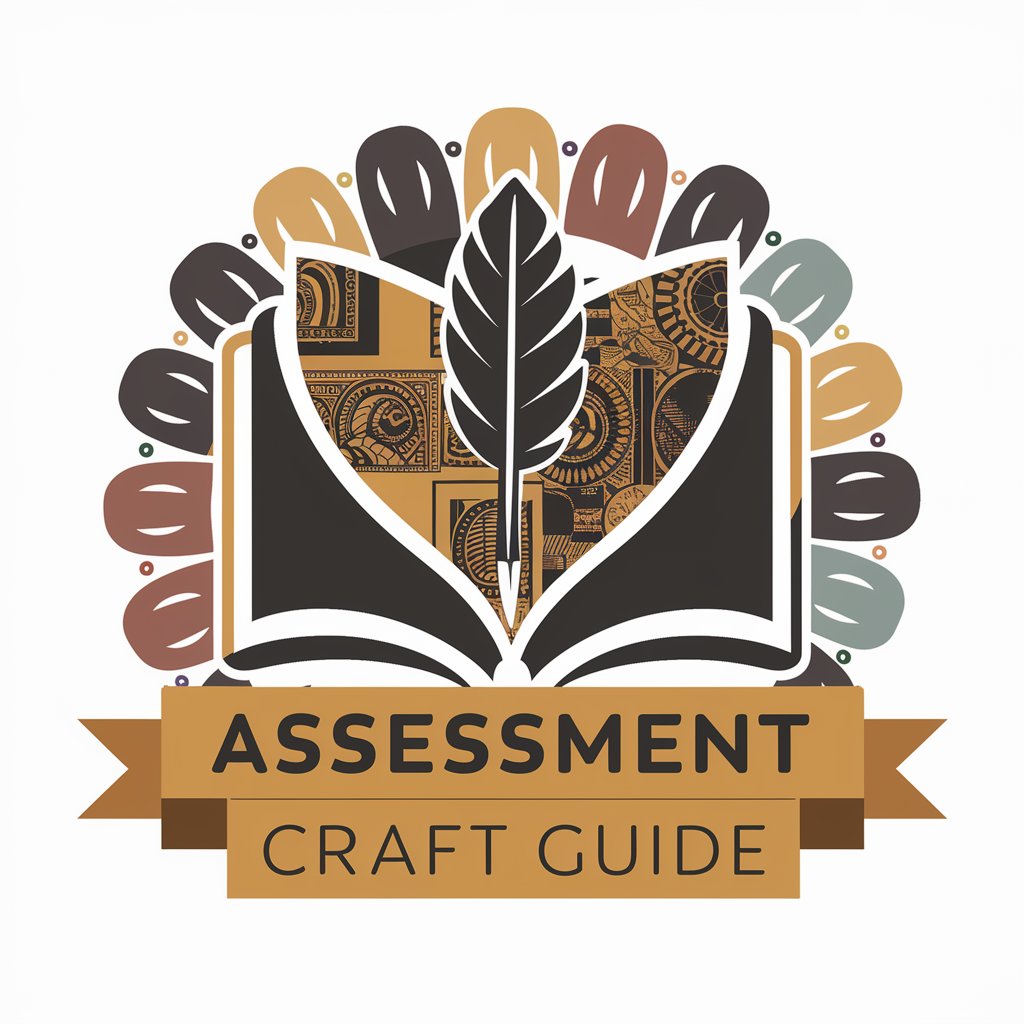
Scientific Research Assistant - AI-powered scientific analysis

Welcome to the Scientific Research Assistant, your partner in exploring scientific innovation.
Unlocking Science with AI
Analyze the latest trends in biomedical research...
Translate this complex scientific paper into layman's terms...
Summarize the potential applications of CRISPR technology...
Compare and contrast renewable energy sources in terms of efficiency...
Get Embed Code
Introduction to Scientific Research Assistant
The Scientific Research Assistant is a specialized AI designed to support and enhance the process of scientific research. It is engineered to provide detailed, accurate analyses of scientific literature, identify novel applications of research findings, and assist in the conceptualization and design of new studies. By leveraging advanced natural language processing and machine learning techniques, it can digest vast amounts of scientific data, extracting relevant information and generating insights that are crucial for advancing scientific knowledge. For example, it can synthesize findings from multiple studies to highlight trends, contradictions, or gaps in a specific research area, or it can suggest potential applications of a new technology in fields where it hasn't been considered. This AI is an invaluable tool for researchers, educators, and policymakers who seek to stay at the forefront of scientific discovery and application. Powered by ChatGPT-4o。

Main Functions of Scientific Research Assistant
Literature Review and Analysis
Example
Automatically summarizing key findings from a collection of research papers on CRISPR technology, identifying areas of consensus, debate, and future research directions.
Scenario
A geneticist planning a new study on gene editing in crops can use this function to quickly grasp the state of the art and identify unexplored areas.
Identification of Research Gaps and Opportunities
Example
Highlighting the lack of research on the long-term ecological impacts of biodegradable plastics.
Scenario
An environmental scientist receives insights into under-researched areas within their field, helping to shape a research proposal that addresses these gaps.
Novel Application Suggestion
Example
Suggesting the use of quantum computing techniques to enhance the accuracy of climate models.
Scenario
A climate scientist explores cutting-edge computational methods to improve model predictions, leading to more effective climate change mitigation strategies.
Ideal Users of Scientific Research Assistant Services
Academic Researchers
Professionals engaged in scientific inquiry who need to stay abreast of the latest developments in their field, find connections between disparate studies, and identify new research avenues. The assistant's ability to rapidly analyze and synthesize literature can significantly accelerate their research process.
Industry R&D Professionals
Individuals in corporate research and development departments who require in-depth scientific knowledge to innovate and improve products or services. The assistant can provide them with a competitive edge by uncovering novel applications of emerging technologies and identifying potential collaboration opportunities in academia.
Policy Makers and Educators
Those responsible for crafting science-based policies or curricula can benefit from the assistant's ability to provide comprehensive overviews of scientific topics, ensuring decisions and educational content are informed by the most current and relevant research.

How to Utilize Scientific Research Assistant
Begin Your Journey
Initiate your exploration by navigating to yeschat.ai, offering a complimentary trial without the necessity for login credentials, eliminating the requirement for ChatGPT Plus.
Identify Your Objective
Clarify your research question or the type of scientific information you are seeking. Whether it's for academic writing, data analysis, or literature review, having a clear goal enhances the tool's efficacy.
Engage with the Assistant
Interact with the Assistant by posing specific, detailed questions. Utilize academic or technical language if you're familiar with it, but don't hesitate to ask for explanations in simpler terms if needed.
Leverage Advanced Features
Make use of the tool's ability to analyze scientific texts, generate summaries, and offer insights on a wide range of scientific disciplines. This can be especially useful for identifying gaps in research or exploring novel applications.
Review and Refine
Critically evaluate the information provided. For best results, you may need to refine your queries based on initial responses or ask follow-up questions to delve deeper into the subject matter.
Try other advanced and practical GPTs
Starlight Companion
Dream with AI: Enchanting Bedtime Stories

Knowledge Coach
Empowering your learning journey with AI

Decision Maker
Empowering Decisions with AI Insight

SEO Optimization
Empower Your SEO with AI

Magical Storyteller
Enchanting tales at your fingertips.

Web Scraper GPT
Your AI-powered Scraping Solution

Regex Generator
Automate pattern crafting with AI

Bhagvad GITA
Enlightening Paths for Life's Questions

Project Concept Designer
Transforming Ideas into Structured Projects

하티 프랑스 France
Unveil France's Rich Heritage with AI

Maria - GPT Store Guide with Specific Site Access
Guiding Your GPT Model Selection with AI

Assessment Craft Guide
Empowering educators with AI-driven history assessments.

Frequently Asked Questions About Scientific Research Assistant
What makes Scientific Research Assistant unique in handling scientific queries?
This tool is specifically designed to analyze and interpret scientific literature, utilizing a vast database of academic content. It provides nuanced, detailed responses that cater to both the expert researcher and the curious layperson, making complex scientific information accessible and understandable.
Can Scientific Research Assistant help with writing academic papers?
Absolutely. The Assistant can assist in various stages of academic writing, from literature review to data analysis, and even in drafting sections of the paper. It can provide relevant citations, summarize research findings, and suggest potential areas for further investigation.
How does Scientific Research Assistant stay updated on current research?
While the tool's database includes a vast array of scientific literature up to its last training cut-off in April 2023, it doesn't access or incorporate real-time updates. However, it can guide users in identifying key research trends, methodologies, and foundational studies within their field of interest.
Is Scientific Research Assistant suitable for non-academic professionals?
Yes, it is also a valuable resource for industry professionals, policymakers, and anyone interested in leveraging scientific knowledge. It can provide insights into the latest research applications, technological advancements, and evidence-based policy recommendations.
Can the tool translate scientific jargon into layman's terms?
Indeed, one of its key features is the ability to demystify scientific terminology, making complex concepts accessible to those without a specialized background. This facilitates a broader understanding and appreciation of scientific discoveries and their implications.